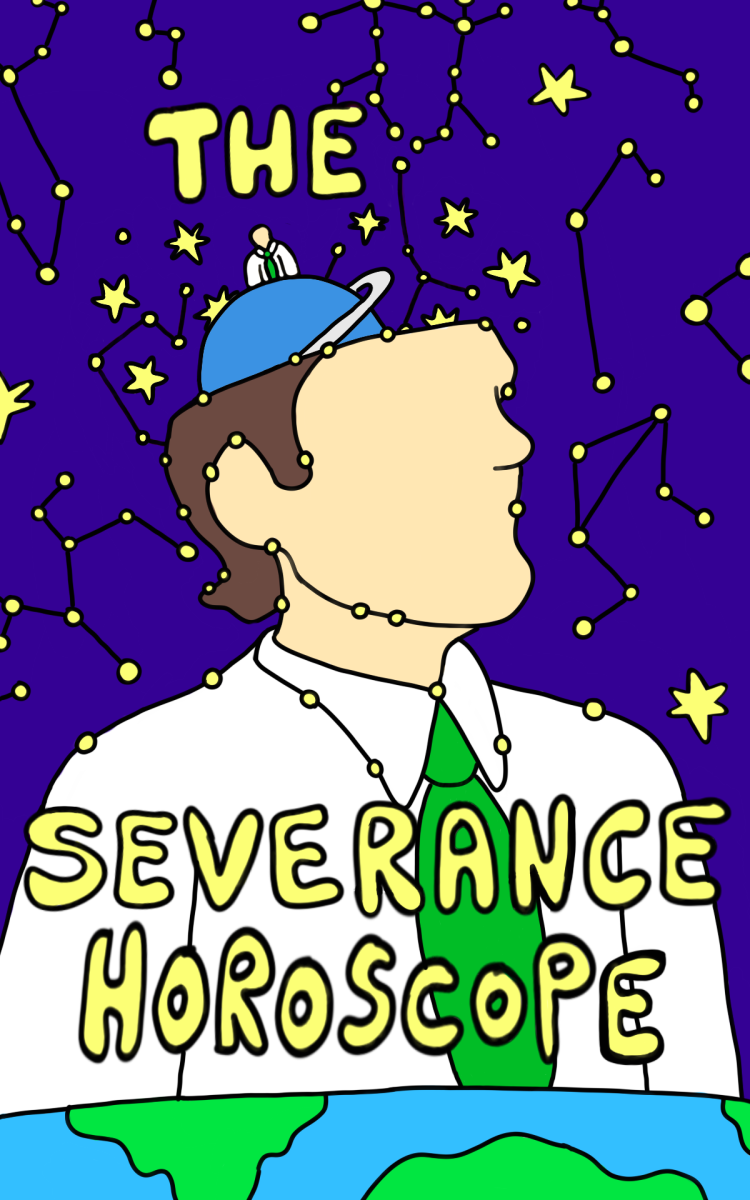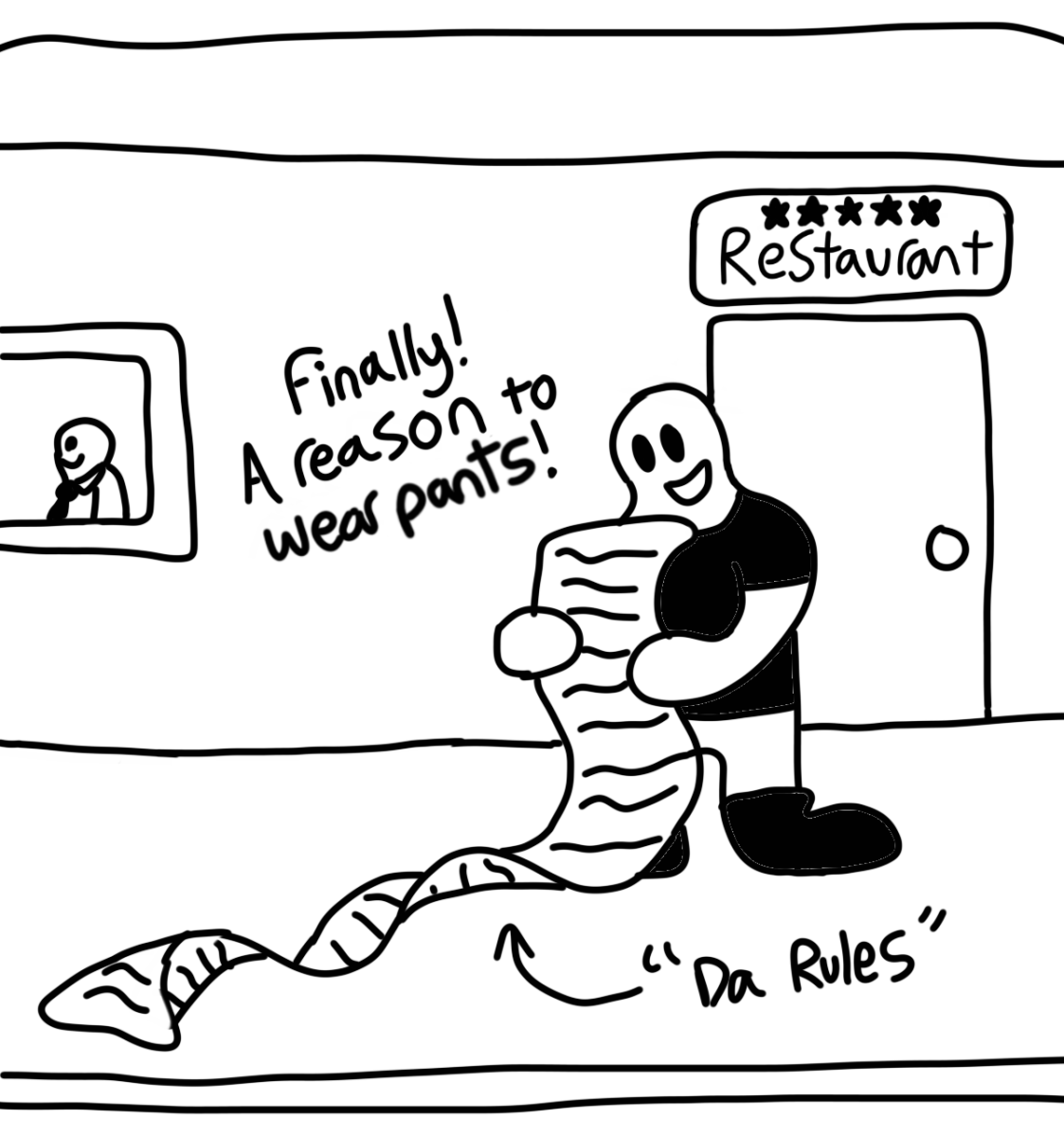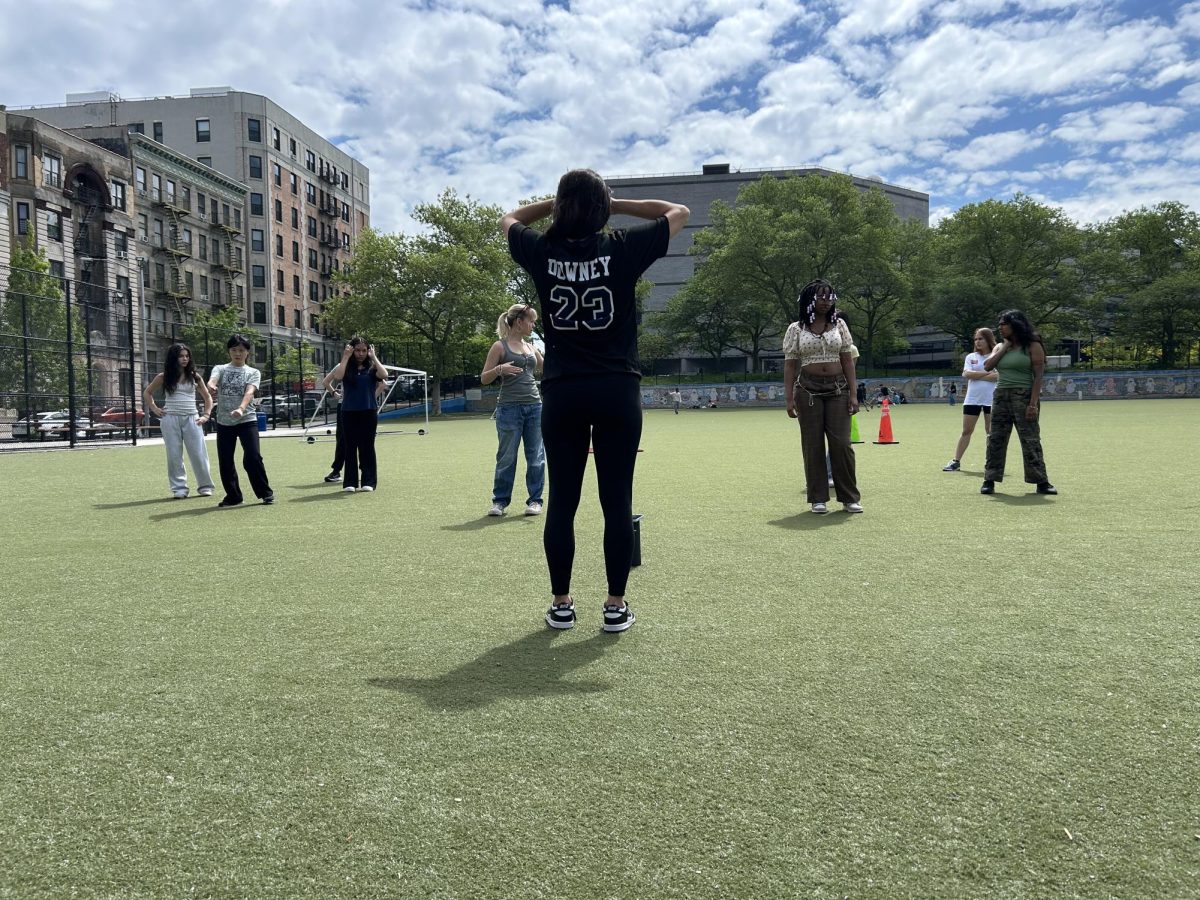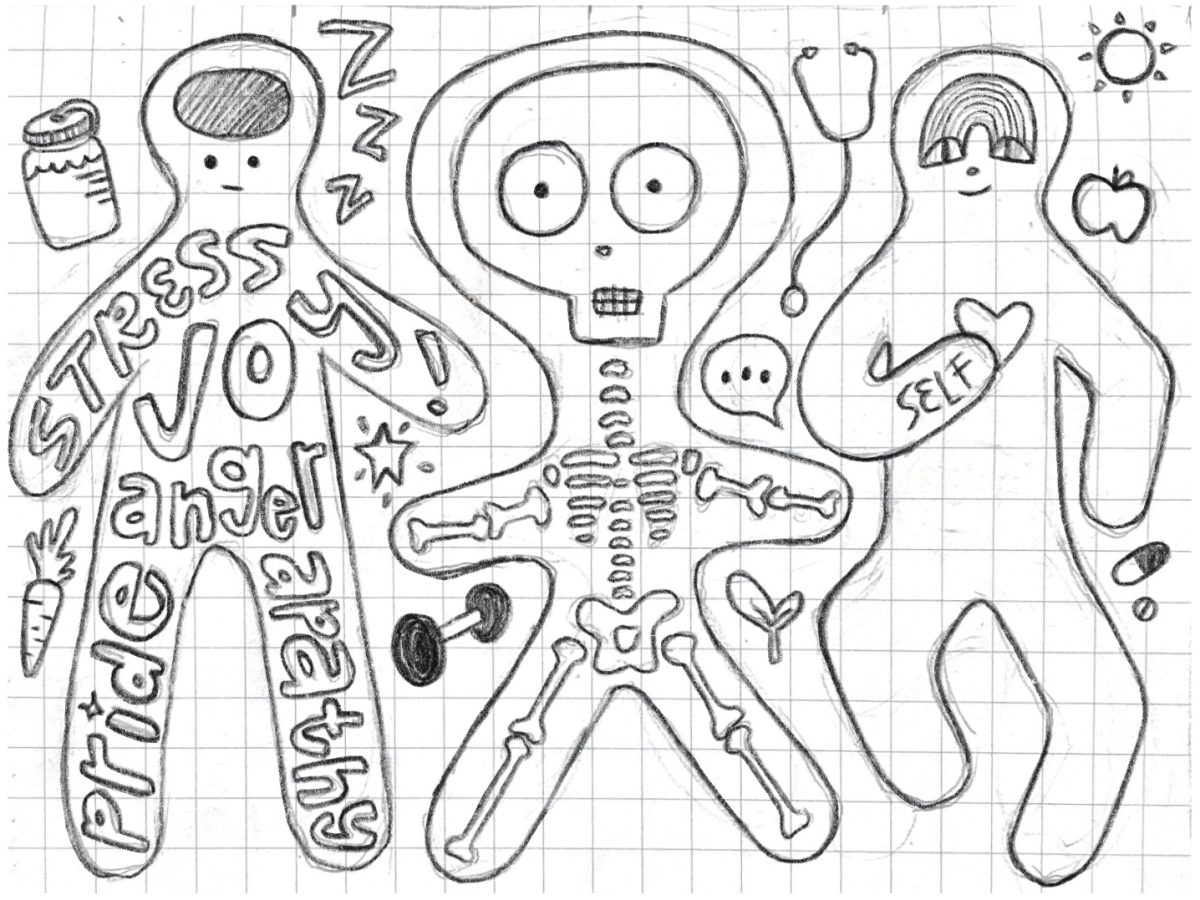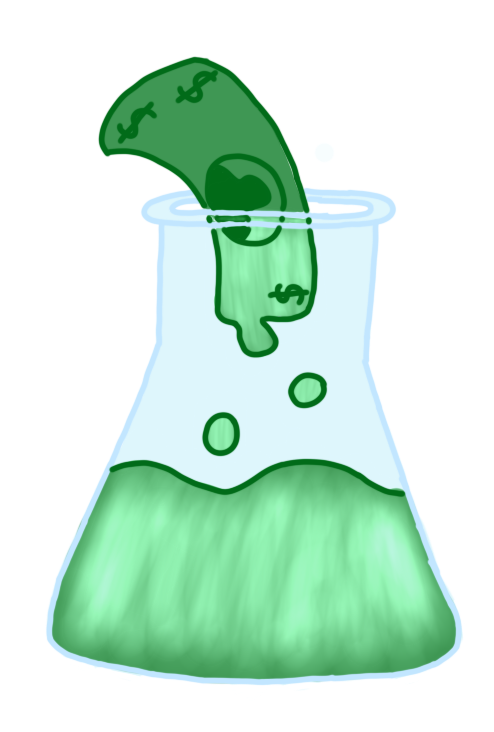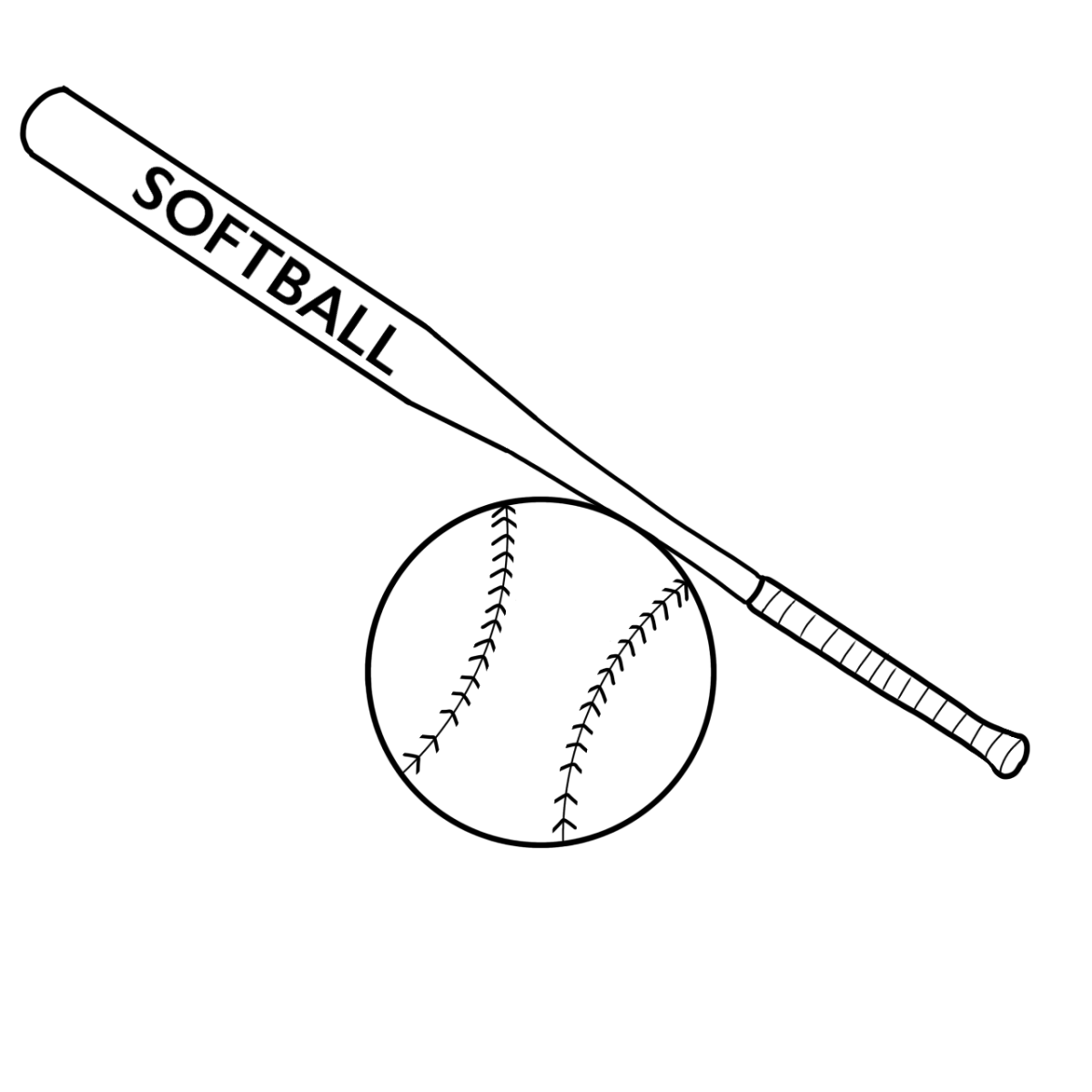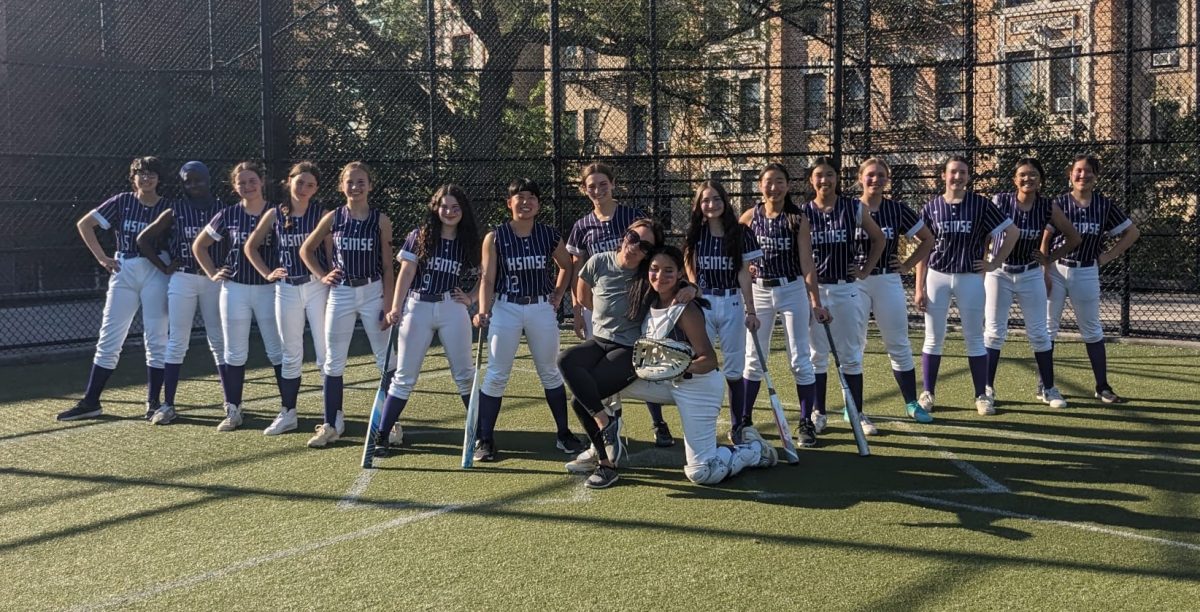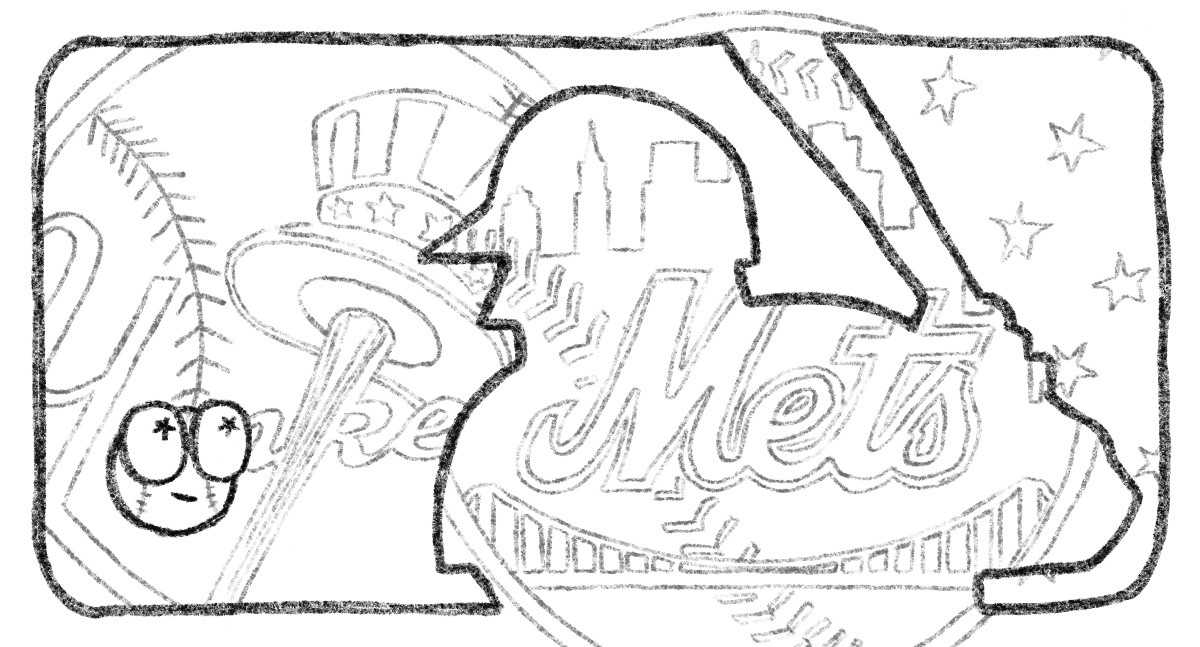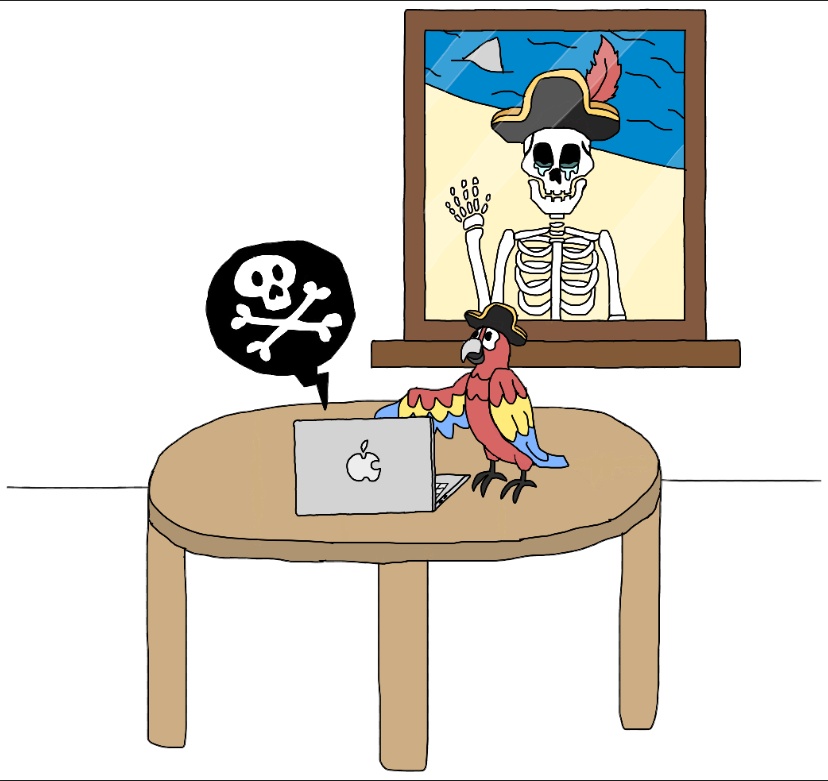Piracy has become a term synonymous with copyright infringement. But why? There’s no comparing a real, bonafide pirate to any person with internet access and a dream. So much work went into good old-fashioned piracy. Pirates had to take the time to dress up nice with eyepatches, big feathered hats, peg legs, and hooks. They had to acquire parrots (which was no easy task, since pet stores didn’t exist yet), and they had to pillage, plunder, and search for treasure, all while looking good. Digital piracy requires none of that showmanship and skill. It’s low skill, low effort, and low excitement. It’s so easy to do, and it’s more a crime of convenience than a crime of necessity and passion like true piracy. Surfing the web to illegally download a movie that will be free on streaming in a week has got nothing on sailing the high seas trading and looking for gold.
Despite their obvious differences, society is still insistent on equating these two vastly different crimes, and it’s for a reason so boring, so unimaginative, and so disappointing that I am ashamed to incorporate it into this article. The reason? They both involve the act of theft. That’s it. That’s the only reason. By reducing the definition of piracy to just the act of stealing, both the word “piracy” and what it represents lose their true meaning. If stealing something was all it took to be a pirate, everyone would be one! But unfortunately, it’s not that easy, so the chances of you being able to live your childhood dream are still next to none. Maybe if sailing lessons were more easily accessible to the masses you would have a better shot, but that’s a separate issue.
This comparison between real piracy and digital piracy isn’t just unsatisfying: it is inaccurate as well. The original definition of piracy is the “practice of a pirate; robbery or illegal violence at sea.” It seems very straightforward: piracy should only be used to refer to crime that takes place in the ocean. This leaves out a large portion of robberies, as most people don’t have the time or resources to commute to the nearest body of water for the sheer gratification of mugging a fisherman. The qualifications for committing piracy remain difficult to reach, which ensures only a select few become pirates.
But then we have the second definition of piracy, that piracy is “the unauthorized reproduction or use of a copyrighted book, recording, television program, patented invention, trademarked product, etc.” This takes everything we thought we knew about piracy, crumples it up, and throws it in the trash. Suddenly the rules of the sea no longer apply, and prospective pirates are forced to ignore the laws of copyright instead. Now, neither I nor The Echo condone piracy in any form, but at least the piracy of the past stayed in its lane and maintained consistency in its meaning. Now, apparently anything can mean anything, and a word like “piracy” can be misconstrued and stripped away to its most basic meaning of “stealing,” which lacks any of its former originality.
The co-opting of the real pirate’s piracy by the copyright infringer is just one example of a word’s meaning evolving to change with the times. In modern society, copyright infringement is one of the most common crimes committed. Whether intentionally or not, practically everyone has infringed on the copyright of some form of media at some point in time. When was the last time you’ve seen a swashbuckling scallywag count their gold doubloons? Sadly, unless in a fictional setting, your answer is probably never. Despite pirates still being widely thought of as exciting and cool, with many popular franchises centered around them, they have lost their relevance in the real world. There are still some cases of maritime piracy today, but they just don’t have the same pizzazz as classic piracy, nor are the perpetrators talked about nearly as much as classic pirates. So, when people use the term piracy today in conversation and writing, they are almost always referring to copyright infringement. The original use of the word has been effectively lost to history.
Even though pirates have lost their mojo, we shouldn’t forget about them. More importantly, we shouldn’t allow copyright infringers to cloud their legacy. Pirates claimed the word piracy first. It belongs to them, and it’s wrong, not to mention ironic, for copyright infringers to steal the word piracy away from the pirates. Let’s just pretend that pirates copyrighted the word piracy to refer to their crimes and theirs alone, because if they could have, they would have. Pirates were a proud bunch. Then, all you would need to do is ensure that copyright infringers don’t infringe on the pirates’ copyright by only using piracy to refer to unbathed criminals swinging swords, singing shanties, and swindling sailors while sailing ships on the high seas. By doing your part, you would not only help honor cool historical crime, but also help stifle the current rise of lame crime today.














